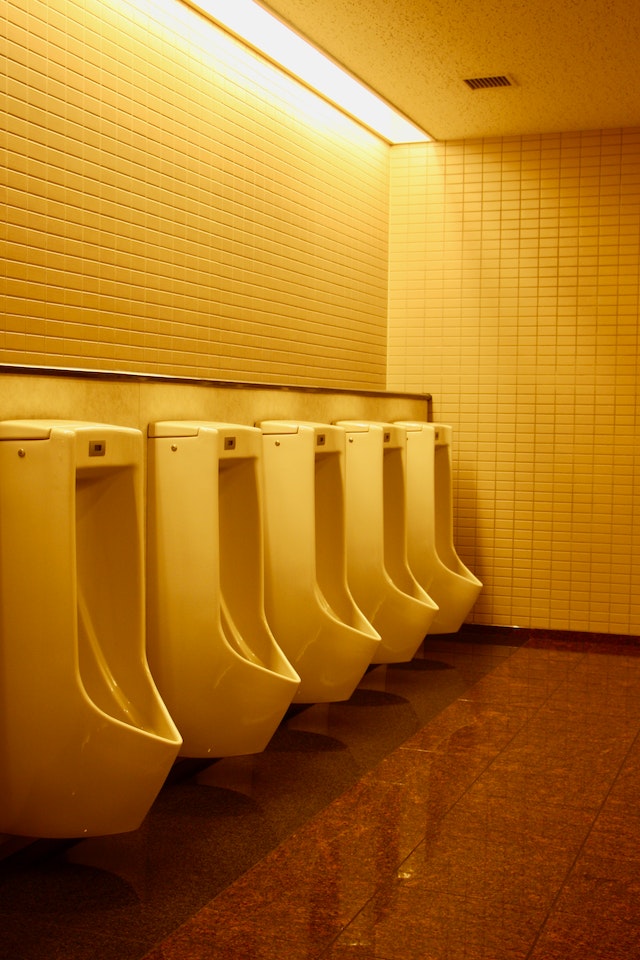One of the common and most painful Urological Conditions brings many patients to the doctor clutching their sides in pain. Kidney Stones are these small, hard stones that can cause a range of symptoms, varying from mild discomfort to excruciating pain.
Understanding the signs and symptoms of kidney stones is crucial for early detection and timely intervention. Let’s delve into the various symptoms associated with kidney stones, shedding light on their causes and potential complications.
While it is understandable to seek information online or rely on personal experiences, attempting to diagnose and medicate kidney issues without professional guidance can have serious consequences for your health.
But a word of caution is important here. Kidney problems are complex and multifaceted conditions that require accurate diagnosis and appropriate treatment based on individual factors. The symptoms associated with kidney stones or other kidney disorders can often overlap with those of various other medical conditions, making self-diagnosis unreliable and potentially dangerous.
Your health is our priority, and we are here to provide you with the best possible care. Let us work together to ensure your kidney health remains in excellent hands.
Book an Appointment with a Urologist if you feel like you have any concerning issue!
Read our Blog

Pain
One of the most recognizable and telltale signs of kidney stones is severe and sudden pain that starts from the back or the side, typically just below the ribs. This intense discomfort, can be intermittent or continuous, and its severity often fluctuates as the stone moves within the urinary tract. As the stone descends towards the bladder, the pain may also radiate towards the lower abdomen and groin, creating a distinct and sharp sensation.
Blood In the Urine
The presence of blood in the urine, known as hematuria, is another common symptom of kidney stones. The stones can cause irritation and small injuries to the urinary tract lining, leading to the appearance of pink, red, or brownish discoloration in the urine. While hematuria is not always accompanied by pain, its presence should never be ignored and warrants immediate medical attention. If you have blood in the Urine, it may also be a symptom of other diseases, visit your nearest Urologist!

Changes in Urination Habits
Now if you have Kidney stones, it can induce several changes in urinary patterns, which may include increased frequency of urination and a sense of urgency.
You may also experience difficulty initiating urination or feel an incomplete emptying of the bladder after urinating. These symptoms arise due to the presence of stones obstructing the normal flow of urine.
Cloudy or Foul-smelling Urine:
Another very unpleasant symptoms of Kidney Stones is the change in the nature of Urine! The urine may appear cloudy or murky, and it might emit a strong and unpleasant smell. These changes occur due to the presence of mineral deposits and the presence of infection caused by the stones.
Nausea and Vomiting
The intense pain associated with kidney stones can trigger nausea and vomiting in affected individuals. We know if this started to be a symptom, then people would be having so many problems!
But the pain signals from the kidneys can stimulate the nausea center in the brain, leading to these accompanying symptoms. Severe pain and the discomfort caused by the urinary tract obstruction contribute to these sensations.
So if you have this symptom with combination of other factors, you know you are at risk for Kidney Stones!
Fever
In a few situations, kidney stones can cause urinary tract infections (UTIs). These are characterized by the invasion of bacteria into the urinary tract, which can result in fever, chills, and an overall feeling of being unwell.
The presence of kidney stones can increase the likelihood of UTIs, as bacteria may find a favorable environment to thrive around the stone. We know this sounds terrible, but don’t worry, The treatment for stones and all its symptoms are advanced and you only need to visit your Urologist for swift resolution!
